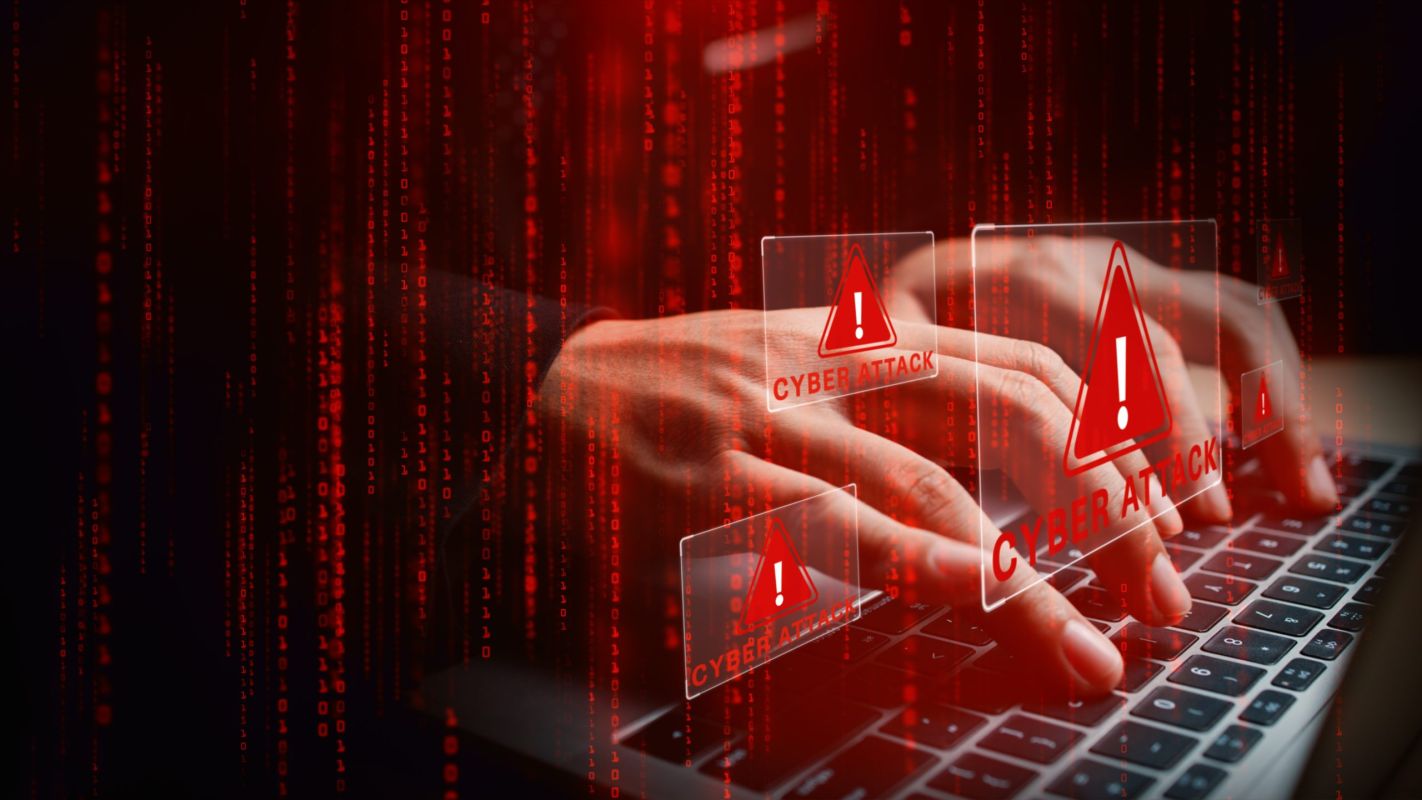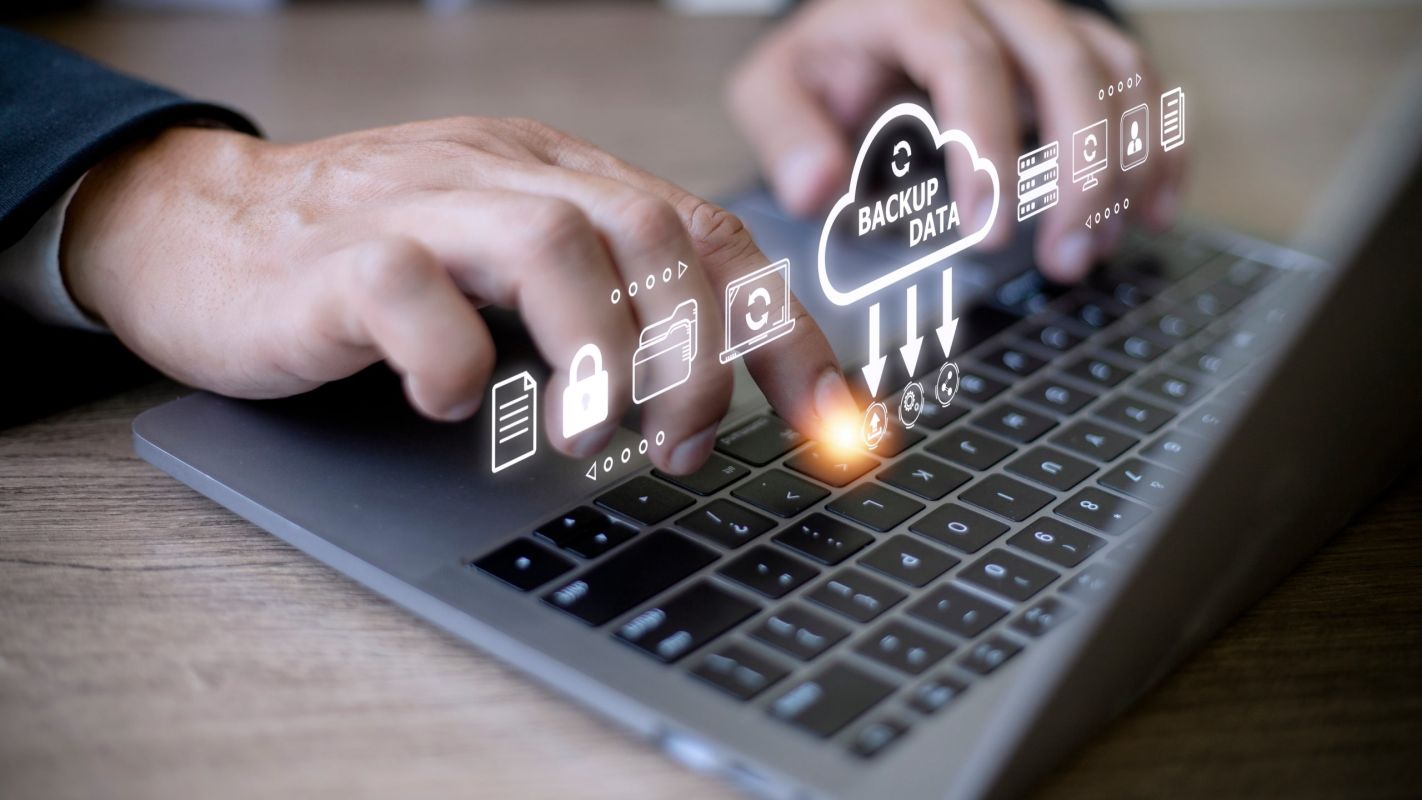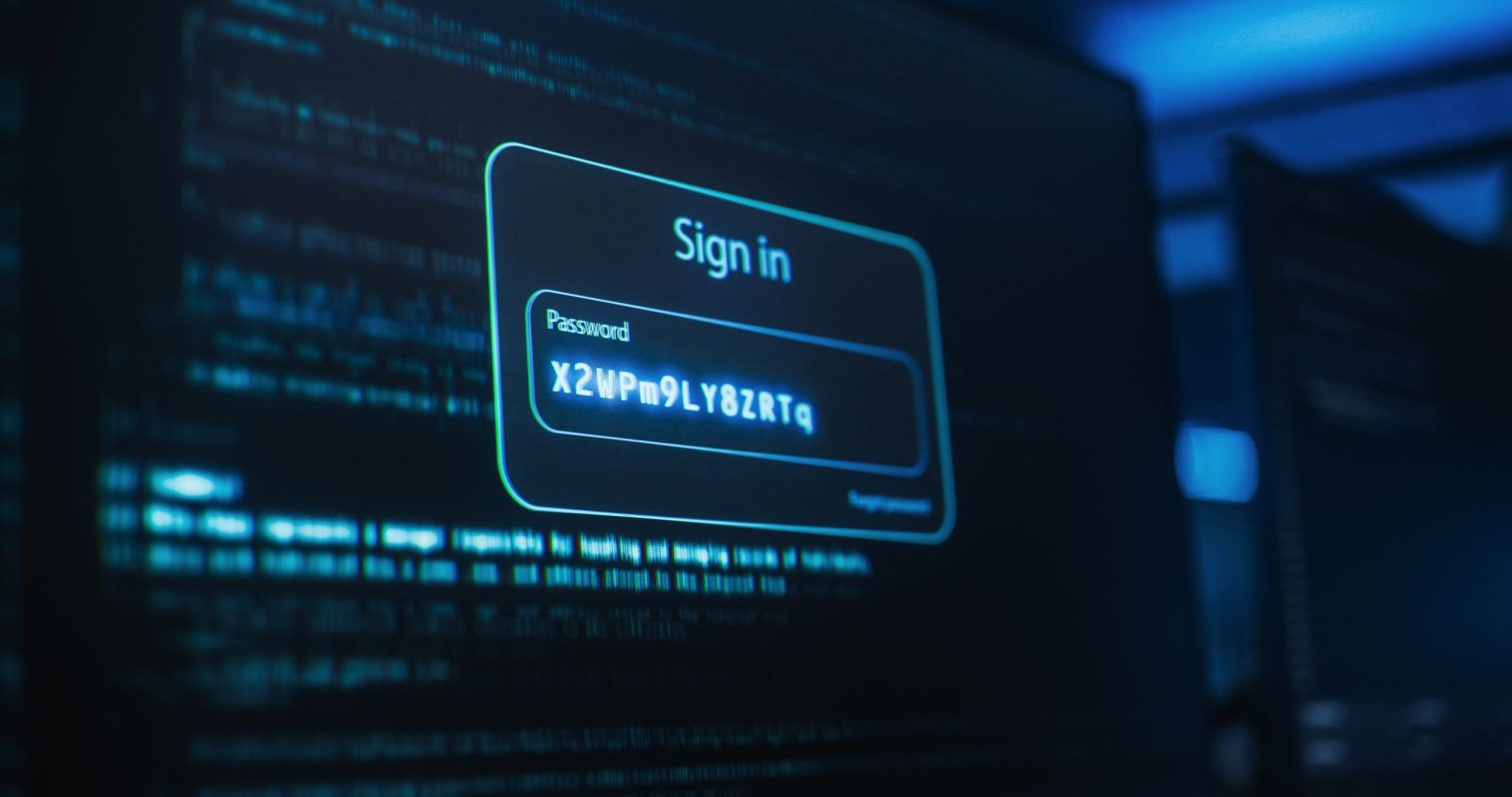

Remote Work: Cybersecurity Risks & How to Mitigate Them
In today’s business world, remote work is becoming the new normal, but cybersecurity training for remote workers is not. Despite the need for cybersecurity awareness training for remote workers, a third (33%) of IT professionals polled in businesses of varying sizes throughout the world say they do not offer such training.
However, 74% of these remote workers have access to sensitive information, which puts their companies at risk for costly and reputation-damaging cyber attacks. This means that businesses need to be aware of the cybersecurity risks that come with having remote workers, especially if they are not providing cybersecurity training to those employees.
Challenges And Security Of Remote Work
The cybersecurity problems of remote work are well known. In fact, there’s a direct correlation between remote work and cybersecurity risk, with 20% of organizations in a 2020 survey reporting a security breach caused by remote work.
This can create a vicious cycle: remote employees might not be aware that their actions may be harmful to their employer’s security while companies aren’t providing training, so they aren’t even thinking about mitigating these risks.
So what are some of these risks?
One challenge is that, as a result of the physical separation from the rest of the team, remote workers have a harder time keeping up with the latest security protocols and best practices. They may also be more subject to social engineering attacks because they may not have access to real-time feedback when they feel something is “off.”
Remote workers may not be aware of the risks they face when working outside the office and have different levels of security than their in-office counterparts. For example, they are more likely to use public WiFi or work on insecure networks as opposed to using VPN software and other methods of keeping their traffic secure.
Remote workers are more likely to use their own devices. When employees work from home, they’re more likely to use their personal laptops and smartphones. In fact, a 2021 survey revealed that 69% of remote employees use personal devices for business-related purposes. Because of the lack of security and encryption on these devices compared to company-owned devices, sensitive company data is at risk. Meanwhile, the poll also showed that 70% of workers use their work equipment for non-job-related purposes. Consequently, this creates risks for organizations from both directions.
The Need To Prioritize Security Training For Remote Employees
All workers, especially remote workers, should be trained on cybersecurity topics. Any worker with access to sensitive information should be trained in the risk of cyberattacks to ensure they understand the basics of cybersecurity best practices. By providing remote workers with cybersecurity training, businesses can keep their sensitive information safe from cyberattacks, protect their company’s reputation, and reduce costs associated with a data breach.
Partner with a small business IT support company if you want to further protect your company with continuous monitoring and risk assessment.


